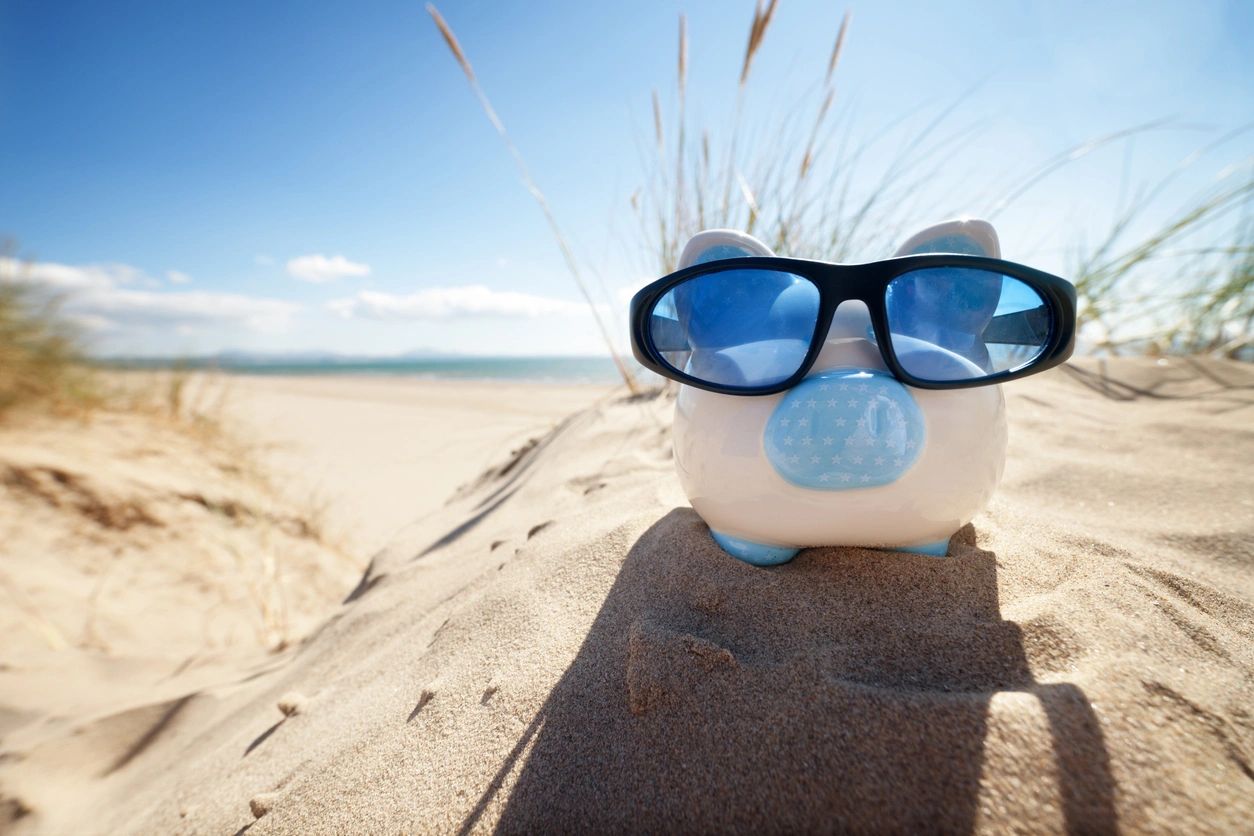Blue light, a type of light with a short wavelength, has become a staple in modern life, thanks to the constant use of devices like smartphones, computers, and flat-screen TVs. This specific type of light is also naturally present in sunlight, which is why we associate blue light with daytime and alertness. Overexposure to blue light, however, has raised concerns about its potential impact on eye health, sparking interest in products like blue light-blocking glasses that claim to mitigate its effects. While these glasses are marketed as a solution to eye strain and fatigue, the evidence supporting their effectiveness remains debatable.
Blue light, with wavelengths ranging from 415 to 455 nanometers, contains more energy than many other forms of visible light. Historically, humans were exposed to blue light only during the day, signaling to our brains that it was time to stay active and alert. The advent of artificial blue light sources, however, has disrupted this natural rhythm. Extended exposure to blue light from screens, especially in dim environments, can confuse the body’s natural sleep-wake cycle and contribute to eye strain and dryness, particularly for those clocking in over 10 hours of screen time daily.
In response to these challenges, blue light glasses have been introduced as a potential fix. Designed to filter out blue light as it enters the eyes, these glasses aim to reduce symptoms like eye fatigue and dryness caused by prolonged exposure to digital screens. However, the American Academy of Ophthalmology has stopped short of endorsing these lenses for computer use, citing insufficient evidence to prove their effectiveness. The debate over whether blue light glasses provide meaningful benefits continues to divide experts and consumers alike.
A 2023 study provided a comprehensive analysis of the potential advantages of blue light-blocking lenses. The findings suggested that these glasses may not offer significant short-term relief from digital eye strain compared to standard lenses. Similarly, earlier research conducted in 2017 reviewed multiple clinical trials and found weak evidence supporting the claim that blue-light-filtering glasses could preserve eye health or prevent conditions like dry eye. Despite their popularity, the scientific backing for these products appears tenuous at best.
Interestingly, not all users are dismissive of blue light glasses. Some studies indicate that a portion of participants experienced reduced glare and improved screen visibility while using glasses with blue-light-blocking coatings. While these benefits are anecdotal and not universally experienced, they highlight the subjective nature of how individuals respond to blue light exposure. For now, while researchers continue to explore the long-term implications of blue light on eye health, consumers are left weighing the costs and benefits of these lenses in the quest for visual comfort.

